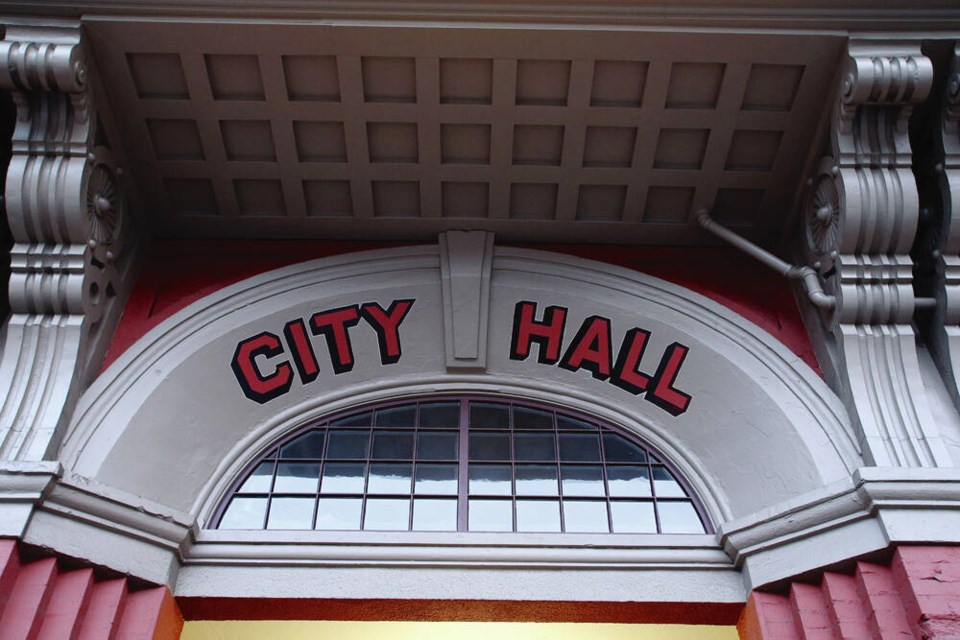I was recently invited to participate in a national panel on how Indigenous-municipal partnerships are driving reconciliation. I was honoured to share the stage with three dynamic Indigenous women, as hundreds of people packed into a standing-room-only conference room in Regina, at the Federation of Canadian Municipalities.
I was specifically invited to share some of Victoria’s reconciliation work with the Songhees and Esquimalt Nations over the past six years. At the end, there was one burning question from the audience: Tell us more about the Reconciliation Contribution Fund.
Here in Victoria, property owners will have received this year’s tax notice. Enclosed, for the first time, Victorians will find an invitation to make a voluntary contribution of an additional five or 10 per cent of their property taxes — or some other amount — to a new Reconciliation Contribution Fund.
This program isn’t limited to Victoria taxpayers. Renters, and property owners in Esquimalt, Oak Bay, Colwood and parts of Saanich, who also live on the homelands of the Lekwungen speaking peoples, can contribute as well by e-transfer to [email protected]. Contributions can be made beyond the July 4 property tax deadline.
The Reconciliation Contribution Fund is a direct outcome of our learning and our understanding of our shared history with the Lekwungen-speaking peoples.
Over the past few years, many residents of our region have participated in reconciliation initiatives — from attending the Victoria Reconciliation Dialogues, to participating in events on Sept. 30 (now the National Day for Truth and Reconciliation), to learning about Lekwungen culture through their neighbourhood associations, or at school, or at work.
Last summer, many non-Indigenous Victorians came face to face with the history of the residential school system — some for the first time — as the first 215 unmarked graves were discovered outside the Kamloops Residential School.
Many people asked what more they can do as individuals to participate in meaningful reconciliation. They asked how to turn their learnings and their understanding into productive and restorative action.
The Reconciliation Contribution Fund is a simple, voluntary opportunity to acknowledge the homelands of the Lekwungen-speaking peoples who were forcibly displaced to make way for the City of Victoria to be built, and to recognize that residents, businesses and the city itself generate wealth from living on Indigenous lands.
Contributing to the fund is one simple way to acknowledge this past, to participate in meaningful reconciliation, and to move forward — together. All the funds will be provided directly to the two nations to help carry out the work that is important to their communities for the future.
One of the local criticisms of Victoria’s approach is that municipal governments don’t have a responsibility or the jurisdiction for reconciliation and should leave reconciliation to the federal and provincial governments.
In 2015, the Truth and Reconciliation Commission released its report, including 94 Calls to Action. Five of these calls to action were directed to local governments.
Specifically, Call No. 47 states: “We call upon federal, provincial, territorial and municipal governments to repudiate concepts used to justify European sovereignty over Indigenous peoples and lands, such as the Doctrine of Discovery and terra nullius, and to reform those laws, government policies, and litigation strategies that continue to rely on such concepts.”
Accepting the truth of our shared history is essential to understanding — and through understanding comes informed action. Thinking beyond the comfortable and familiar history of our country and redirecting our efforts based on what we have learned is key — for Indigenous and non-Indigenous people.
We all need to find ways to move forward together. My hope is that for many, the Reconciliation Contribution Fund is one of these ways.



